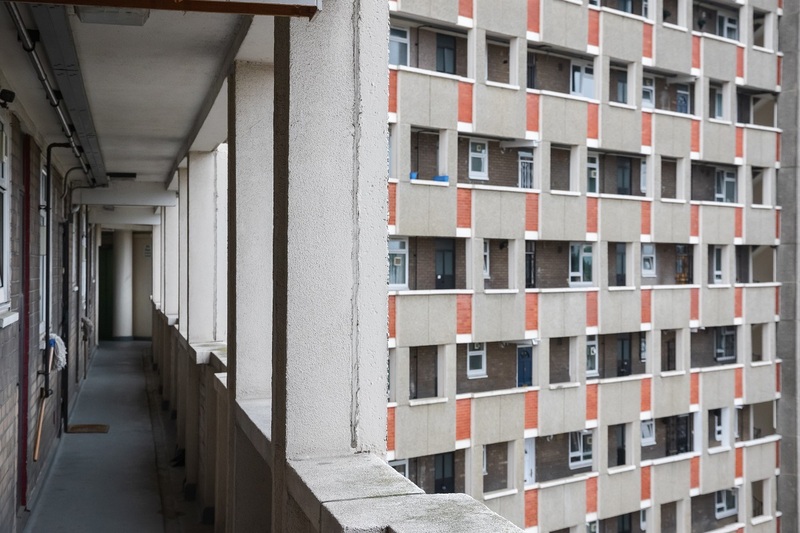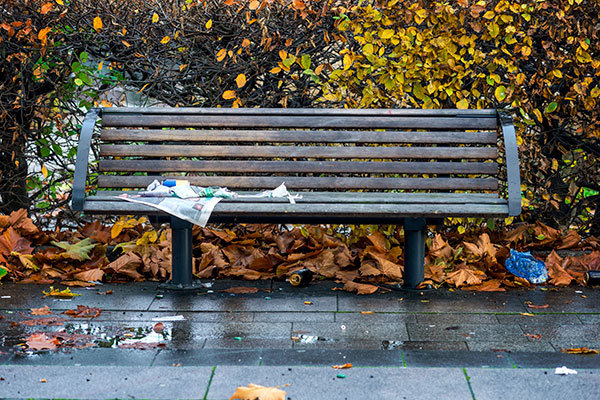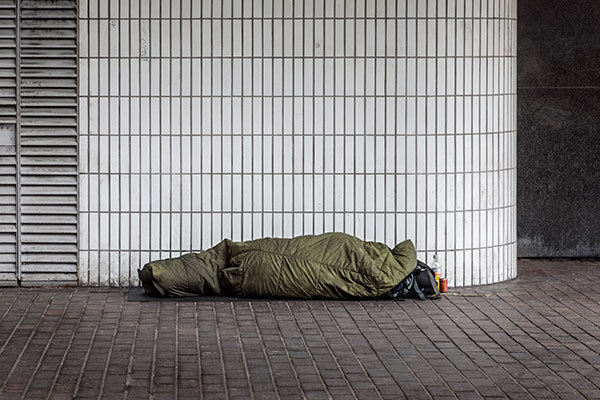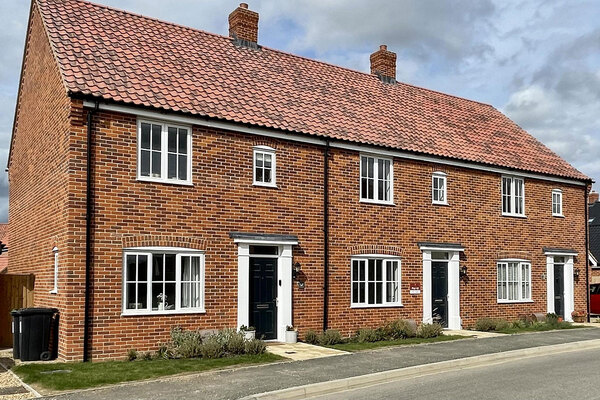You are viewing 1 of your 1 free articles
Pandemic blows £227m hole in HRA finances
COVID-19 has blown a gaping hole in councils’ Housing Revenue Account (HRA) finances with losses totalling well over £200m, government figures have revealed.
Statistics published yesterday on the financial hit suffered by English local authorities because of the pandemic show that HRAs lost a combined £165.8m in income between April and December 2020, mostly in the form of rent arrears.
Over the same period, the crisis meant they had to fork out an extra £61.8m on things such as PPE and additional workforce costs.
Inside Housing understands there are growing concerns in town halls about the ability of HRAs – usually considered a relatively robust area of council budgets – to cope with the shocks of the pandemic combined with bills for fire safety and decarbonisation work.
Unlike for other council services run through the General Fund, there has been no direct government support for HRAs to help deal with the impacts of coronavirus.
Ministers have allocated £4.6bn in emergency funding for local authorities since the outbreak – but none of this has been directed to HRAs, which are ringfenced and must be self-financing by law.
Councils have also been discouraged from furloughing staff other than in exceptional circumstances.
HRAs are the budgets councils use to manage, maintain and develop their housing stocks and are largely funded through housing rents. There are around 165 authorities with active HRAs across England, owning a combined 1.58 million homes.
Of the income losses to HRAs during the pandemic, £114.8m have come from residential rent arrears, with a further £11.6m from commercial rent arrears.
Another £19m has been lost to increased voids, with the remaining £20.4m not defined in the figures.
London boroughs accounted for £61.3m (37%) of the total lost income.
Workforce pressures accounted for £19.5m of the extra HRA spending as a result of the pandemic, plus £13.6m for supplies including personal protective equipment and £28.7m in other unspecified costs.
Total lost income for December was £11.4m – up from £11m in November but well below the May peak of £32.3m.
Extra expenditure for December was £3.4m, down from £4m in November following a gradual decline since the £13m recorded in May.
In addition to the impact on HRAs, councils in England have spent an extra £315.5m on housing services through the General Fund in 2020/21 due to the pandemic – the bulk of which relates to homelessness and rough sleeping.
Of the emergency funding allocated by government, councils have used 5.3% to boost housing services delivered through their General Funds.
Adult social care has accounted for £3.1bn of the £6.9bn total extra spending in 2020/21 by local authorities as a result of COVID-19, with General Funds taking a £5.7bn hit to their incomes.
Sign up for our Council Focus newsletter
Already have an account? Click here to manage your newsletters












